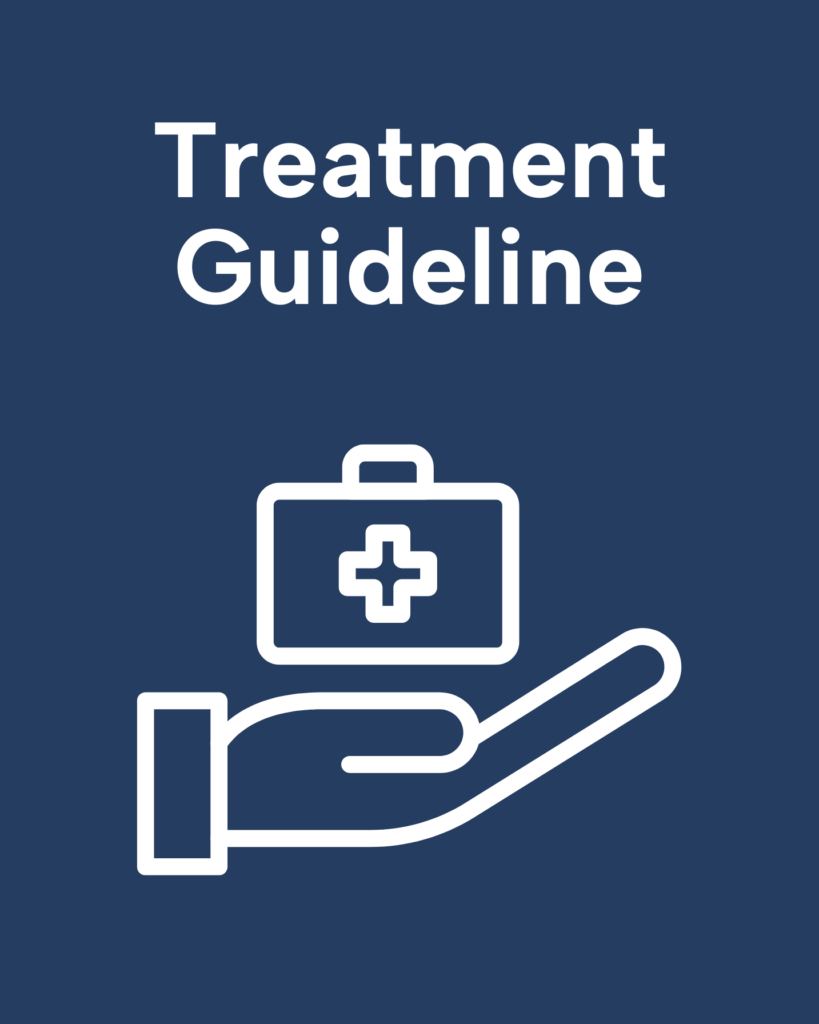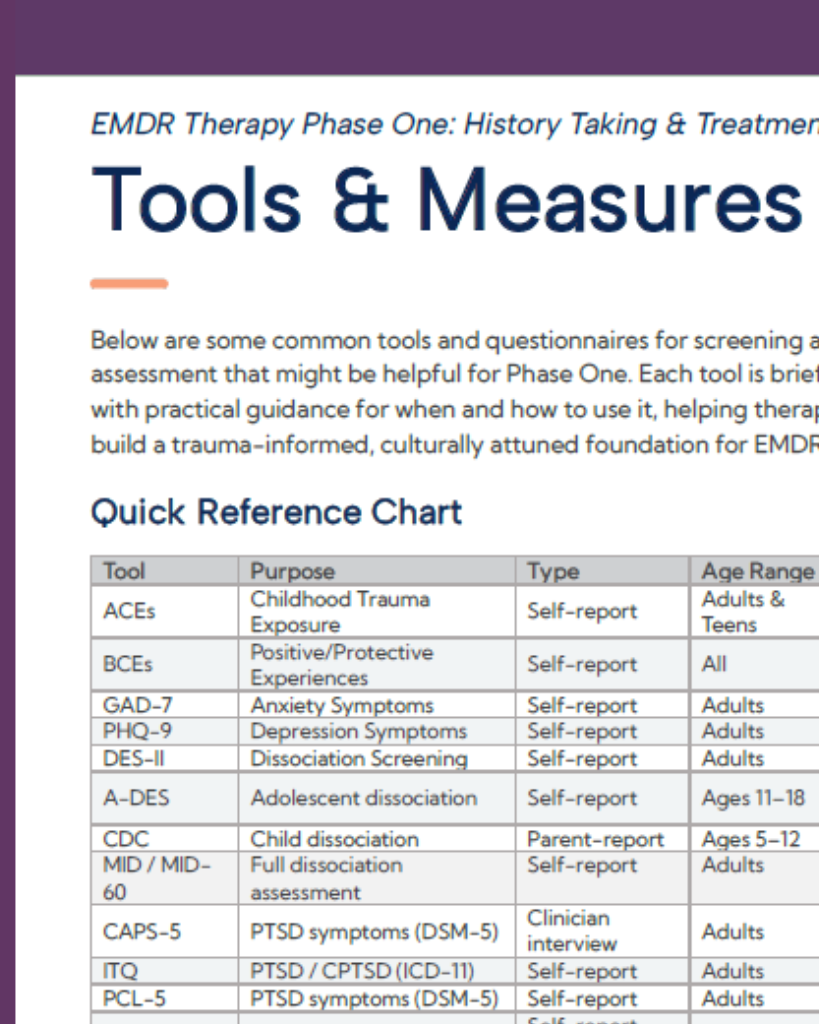Position paper for the treatment of nightmare disorder in adults: An American Academy of Sleep Medicine position paper
A position paper for treatment of nightmare disorder in adults.
Article Abstract
“INTRODUCTION: Nightmare disorder affects approximately 4% of adults, occurring in isolation or as part of other disorders such as posttraumatic stress disorder (PTSD), and can significantly impair quality of life. This paper provides the American Academy of Sleep Medicine (AASM) position regarding various treatments of nightmare disorder in adults.
METHODS: A literature search was performed based upon the keywords and MeSH terms from the Best Practice Guide for the Treatment of Nightmare Disorder in Adults that was published in 2010 by the AASM. The search used the date range March 2009 to August of 2017, and sought to find available evidence pertaining to the use of behavioral, psychological, and pharmacologic therapies for the treatment of nightmares. A task force developed position statements based on a thorough review of these studies and their clinical expertise. The AASM Board of Directors approved the final position statements.
DETERMINATION OF POSITION: Positions of “recommended” and “not recommended” indicate that a treatment option is determined to be clearly useful or ineffective/harmful for most patients, respectively, based on a qualitative assessment of the available evidence and clinical judgement of the task force. Positions of “may be used” indicate that the evidence or expert consensus is less clear, either in favor or against the use of a treatment option. The interventions listed below are in alphabetical order within the position statements rather than clinical preference: this is not meant to be instructive of the order in which interventions should be used.
POSITION STATEMENTS:
-
The following therapy is recommended for the treatment of PTSD-associated nightmares and nightmare disorder: image rehearsal therapy.
-
The following therapies may be used for the treatment of PTSD-associated nightmares: cognitive behavioral therapy; cognitive behavioral therapy for insomnia; eye movement desensitization and reprocessing; exposure, relaxation, and rescripting therapy; the atypical antipsychotics olanzapine, risperidone and aripiprazole; clonidine; cyproheptadine; fluvoxamine; gabapentin; nabilone; phenelzine; prazosin; topiramate; trazodone; and tricyclic antidepressants.
-
The following therapies may be used for the treatment of nightmare disorder: cognitive behavioral therapy; exposure, relaxation, and rescripting therapy; hypnosis; lucid dreaming therapy; progressive deep muscle relaxation; sleep dynamic therapy; self-exposure therapy; systematic desensitization; testimony method; nitrazepam; prazosin; and triazolam.
-
The following are not recommended for the treatment of nightmare disorder: clonazepam and venlafaxine.
-
The ultimate judgment regarding propriety of any specific care must be made by the clinician, in light of the individual circumstances presented by the patient, accessible treatment options, and resources.“
—Description from publisher
Article Access
Open access
Morgenthaler, T. I., Auerbach, S., Casey, K. R., Kristo, D., Maganit, R., Ramar, K., Zak, R., & Kartje, R. (2018). Position paper for the treatment of nightmare disorder in adults: An American Academy of Sleep Medicine position paper. Journal of Clinical Sleep Medicine, 14(6), 1041-1055. Open access: https://doi.org/10.5664/jcsm.7178
About the Journal
“Journal of Clinical Sleep Medicine is the official, peer-reviewed journal of the American Academy of Sleep Medicine. This monthly, online publication features original scientific investigations, reviews, case reports and commentaries applicable to the clinical diagnosis and treatment of sleep disorders.”
—Description from publisher
Date
June 15, 2018
Creator(s)
Timothy I. Morgenthaler, Sanford Auerbach, Kenneth R. Casey
Contributor(s)
David Kristo, Rama Maganti, Kannan Ramar, Rochelle Zak, Rebecca Kartje
Topics
PTSD, Sleep
Practice & Methods
Efficacy
Extent
14 pages
Publisher
American Academy of Sleep Medicine
Rights
© 2018 American Academy of Sleep Medicine
APA Citation
Morgenthaler, T. I., Auerbach, S., Casey, K. R., Kristo, D., Maganit, R., Ramar, K., Zak, R., & Kartje, R. (2018). Position paper for the treatment of nightmare disorder in adults: An American Academy of Sleep Medicine position paper. Journal of Clinical Sleep Medicine, 14(6), 1041-1055. Open access: https://doi.org/10.5664/jcsm.7178
Audience
EMDR Therapists, Other Mental Health Professionals
Language
English
Content Type
Treatment Guideline
Access Type
External Resource, Open Access





